For Morrison everything is coming up roses, but parliament must resume

When things go well, federal and state governments share the credit. All leaders look terrific, including the Prime Minister. When things go badly, as they have and will again, human nature being what it is, the premiers and chief ministers cop the blame, their popularity plummets and Morrison continues to smell like roses.
Gone are the days when every issue, big or small, was managed up to the feds. It’s pure genius.
The task to date for Morrison and Josh Frydenberg largely has been to shovel out truckloads of money. They have become very good at it and almost certainly will have it perfected by the election. Debt and deficit, once more toxic in politics than, well, COVID-19, be damned.
Incidentally, that’s the election Morrison insists hasn’t even crossed his mind, the one that makes him bristle when journalists dare ask about it, which probably will be held by the end of next year.
JobKeeper, which is estimated to cost $86bn by March, and which the Treasurer keeps reminding us is the biggest single stimulus measure ever, has been an integral part of keeping the economy, workers and, by extension, the government from falling off a cliff.
It is inconceivable it will not continue in some form for much of next year, particularly with that election on the horizon; however, it needed recasting to eliminate eye-watering waste and unfairness. Both flaws could have been avoided with more care and less hubris. Morrison first resisted any job subsidies; then, when it became clear that was untenable, argued he had to devise a uniquely Australian scheme.
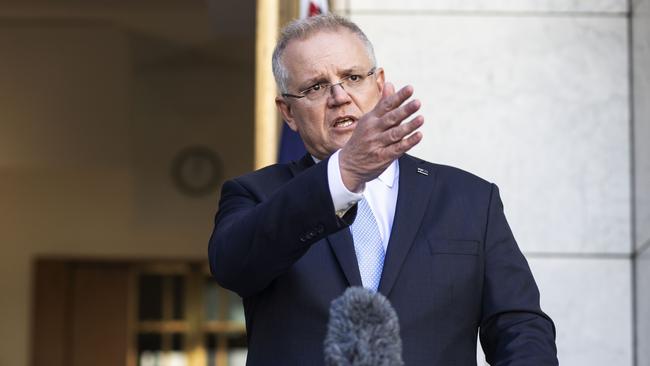
The same Australian system that deducts precise, nominated amounts in taxes from wages could have been easily switched to issue payments. It would have been fairer and cost less. The initial decision to pay all those eligible $1500 a fortnight meant almost a million people received more in taxpayer-funded subsidy than they ever had in wages, costing about $6bn, just a shade under the surplus Frydenberg announced last year he had delivered. Those were the days.
Today, $6bn sounds piddling. Not if you compare it with Labor’s stimulus during the global financial crisis that sent cheques to 21,000 dead people. That cost about $18m. Even if you add in the stimulus cheques to people living overseas ($14m) or the waste from Building the Education Revolution (about $1bn). Labor’s overpayments sound like chicken feed.
While the opposition is not confident it can make the charges of waste stick against Morrison, it hopes at least it will blunt his attacks on Labor’s economic mismanagement. Good luck with that. They overlook Morrison’s remarkable talent of scoring regular 10s for backward somersaults with pike and pragmatic pivots.
At every critical point Morrison has argued against closures and lockdowns, warning us to be careful what we wished for while encouraging people early on to go about their normal business. He pushed for schools and businesses to open sooner than the national cabinet wanted and lectured premiers to keep their borders open. He lost at every point, then shared the glory when the curve was crushed.
On June 25, on the day Victoria had 37 new cases — its largest daily increase since April and an ominous sign of what was to come — Morrison was eager for the national cabinet to loosen up even more, so businesses would know when they could fill stadiums and theatres.
“We’ve got to live alongside COVID,” he argued.
“It’s not going anywhere and we now have to look forward and we’ve got the systems and protections in place, as we’re demonstrating even now with the outbreak in Victoria, and I think we’ve just got to keep all that in perspective and we’ve got to keep forging ahead and do that together.”
He was even more impatient with the thought there could be further lockdowns.
“But as we said, there will be outbreaks, there will be changes. And what can’t happen is we can’t go, stop, go, stop, go. We can’t flick the light on and off and on and off and on and off and on and off. So what I’m saying is we’re moving ahead. We’re going ahead. We’ve built the protections to deal with outbreaks.”
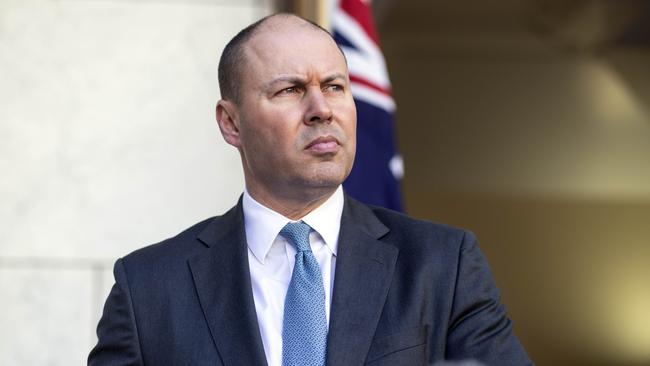
All very plausible. Except all that stuff about getting on with it applied to everything except the federal parliament. Really it should be the other way around. Morrison sought advice from Acting Chief Medical Officer Paul Kelly on whether parliament should sit. Of course Kelly said there was a risk, that’s his job. Morrison postponed the sitting scheduled for August 4.
Parliament is not a pop-up shop. Not some government enterprise to open and shut at will. At least it shouldn’t be treated like one.
If ever there is a time it should be compelled to sit it is during a crisis. It should be the very last entity to close, otherwise people will begin to think governments have something to hide or can’t handle the scrutiny. Particularly on the flaws and costs of an $86bn jobs scheme and one of the largest deficits recorded.
If businesses and households are required to change the way they work and live to survive, then parliament has to show them how it can be done. Without Zoom.
Frydenberg had to agree to certain conditions before being allowed to travel to Canberra from Melbourne. The same conditions — that once there only travel to and from Parliament House is permitted — could apply to all other MPs and staff, not only members of the executive. Once inside Parliament House, they would go only from their offices to the chambers.
Like everyone else, they would have to keep their distance from civilians. And once here they would not be able to go home until parliament was adjourned. Too tough? Not really. Pre-air travel, MPs couldn’t get home often. Parliament sat through two world wars and the flu pandemic of 1920 when life was much harder.
Even if the outbreaks continue until August 24 when parliament is scheduled to resume, all the more reason to sit. More voices should be raised in protest if Morrison tries to postpone it again.

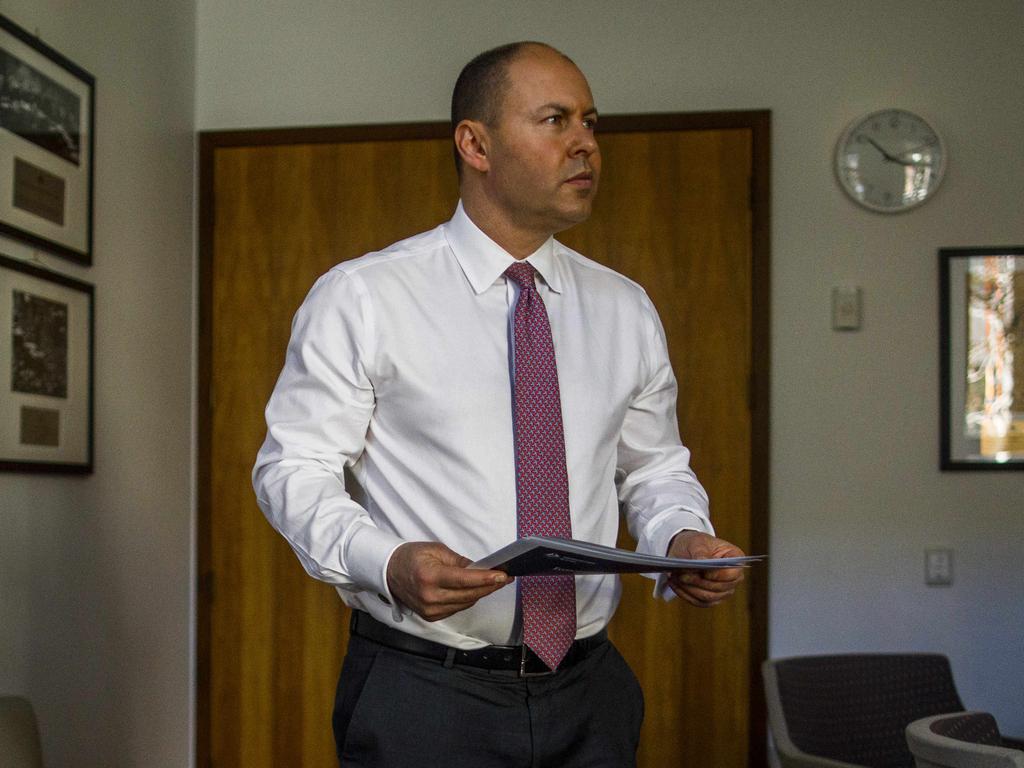



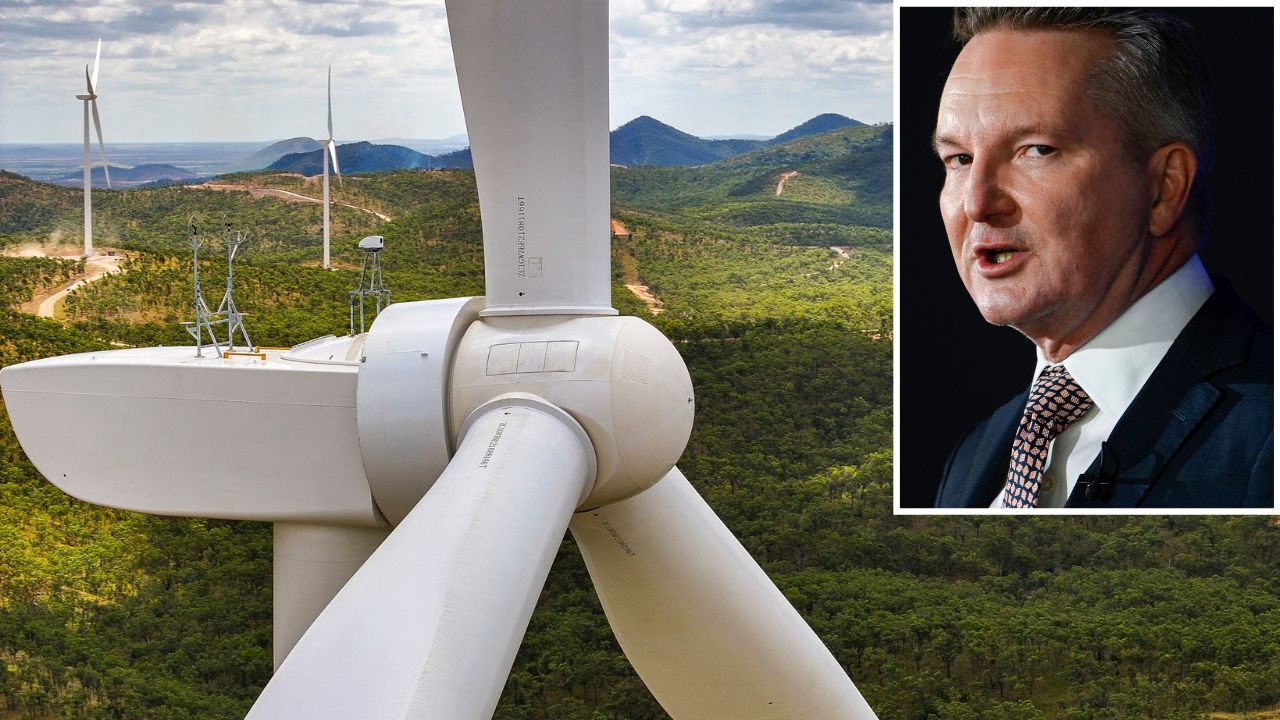
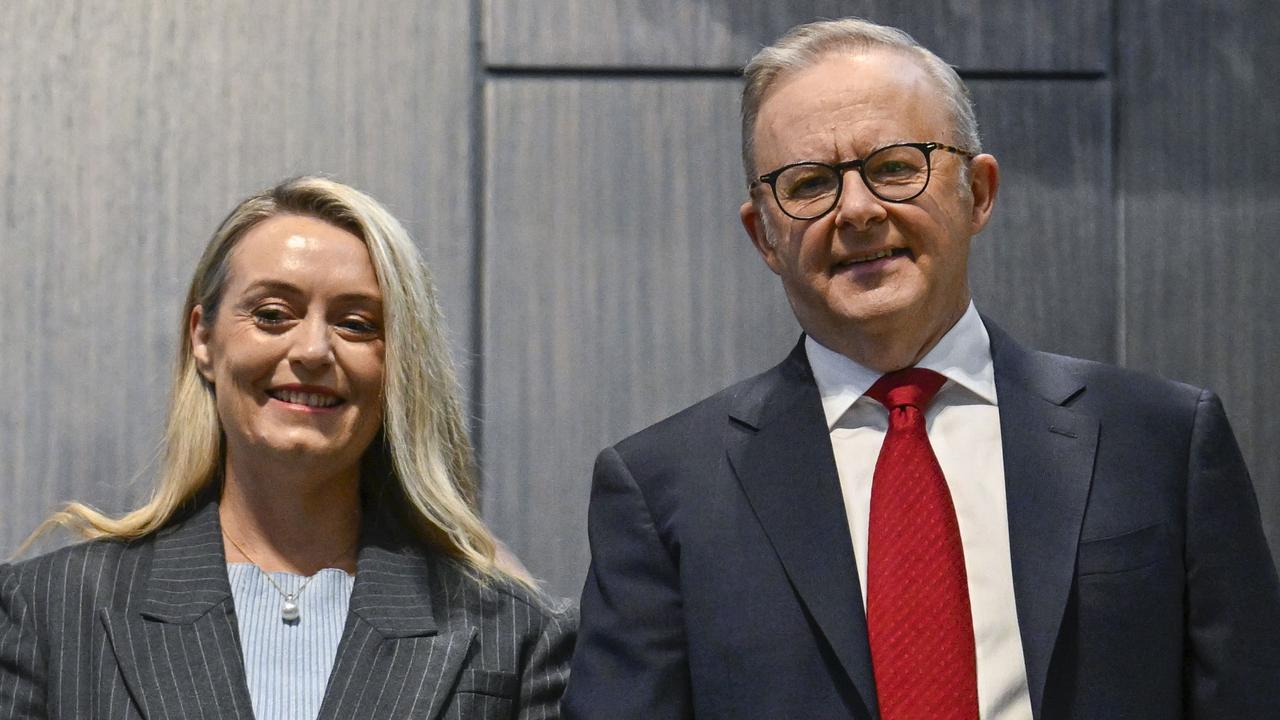
The beauty of the national cabinet, from Scott Morrison’s perspective, is that the premiers and territory leaders have been responsible, and in a public way, for 99 per cent of the dirty work.